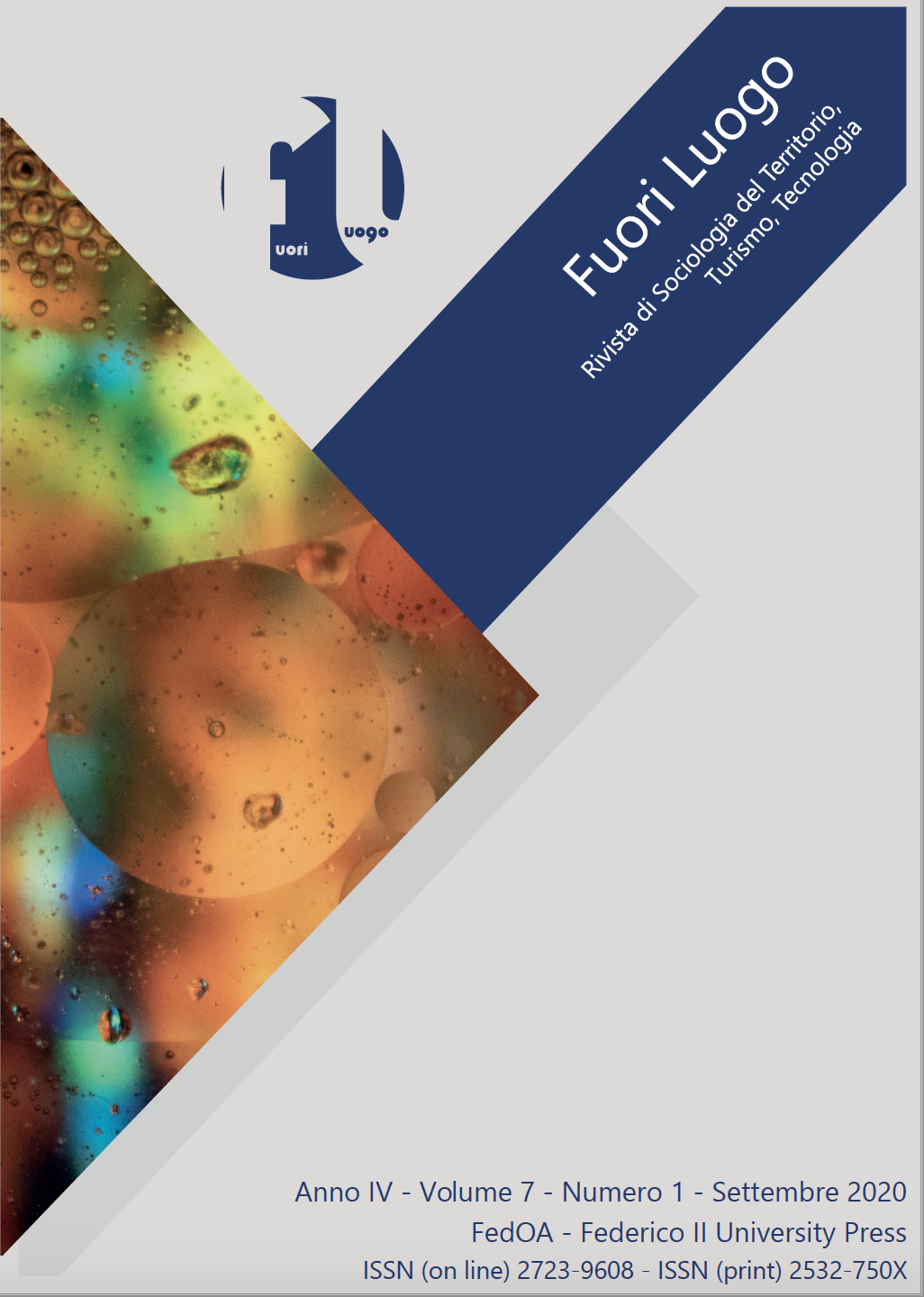New Technologies and Tourism Mobility
Abstract
The current society can be defined as a "traveling society", characterized, that is, by a territorial mobility that has reached decidedly relevant characters and dimensions, so much so that some social scientists propose the study of territorial mobility (new mobility paradigm) as a conceptual reference model for the understanding of contemporary society and for the analysis of the continuous transformations that characterize contemporary culture, reserving an important role for tourist mobility. However, what is most striking today is not only the considerable amount of people moving around the planet Earth, but also the ease and speed with which even larger numbers of people create "virtual experiences" of travel and living every day. In fact, the current technologies through which, perennially interconnected, we inform and communicate with others, make it possible, and at a relatively low cost, to connect in real time between people from all areas of the world and with any place where it is present. a webcam.
In this work, in addition to describing the role played by new technologies in post-modern tourism, we will propose a reflection on the role played by the development of virtual mobility on the de-localization and de-territorialization of the processes of formation of the sense of spatial thunderstorm.




